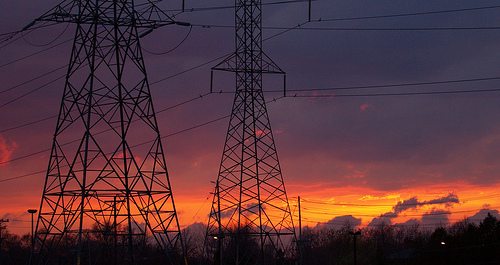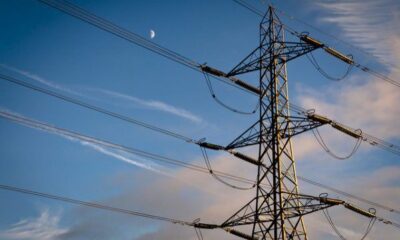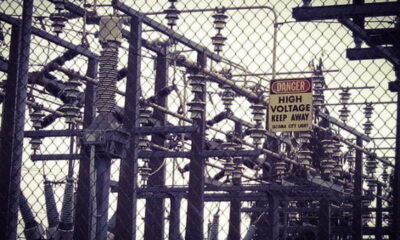

Energy
National Grid seeks back-up supplies
The UK power industry has been asked by National Grid to provide more electricity later on Wednesday. However, it said that there is no risk of electricity supplies being disrupted. National Grid has issued a Notification of Inadequate System Margin (NISM) as a result of multiple energy plant breakdowns.
The company said: “This is part of our standard toolkit for balancing supply and demand,” the company said.
Professor Tooraj Jamasb, Chair in Energy Economics at Durham University Business School commented: “The fact that the National Grid is asking for 500 MW of extra capacity, roughly the capacity of a medium plant, is not a dramatic event in itself. The National Grid is able to keep the lights on, but is seeking to do so at the lowest possible costs at a peak time.
“However, this may be a sign that a combination of plant breakdowns, unusually cold weather, and increased demand from the economy could challenge the National Grid’s reserve margin and test the toolbox of measures that are at their disposal.”
“A strong reserve margin in the good old days was closer to 10%, but margins are getting tighter. The measures at the National Grid’s disposal to reinforce supplies involve calling stand by generators to step in or asking industrial customers with demand management contracts to consume less electricity”.
“While the National Grid’s action may appear urgent, the extra capacity which the National Grid can call upon for normal peak demand exists and therefore unless there was a major incident, under normal conditions, power outages are unlikely this winter.”
Professor Tooraj Jamasb is Chair in Energy Economics at Durham University Business School. His full biography can be found here.


 Features11 months ago
Features11 months agoEco-Friendly Cryptocurrencies: Sustainable Investment Choices

 Energy11 months ago
Energy11 months agoThe Growing Role of Solar Panels in Ireland’s Energy Future

 Energy10 months ago
Energy10 months agoGrowth of Solar Power in Dublin: A Sustainable Revolution

 Energy10 months ago
Energy10 months agoRenewable Energy Adoption Can Combat Climate Change


























